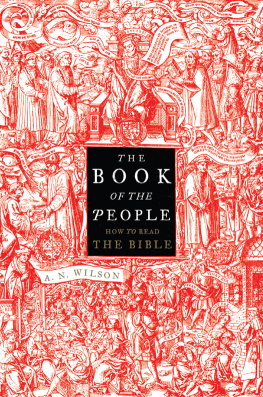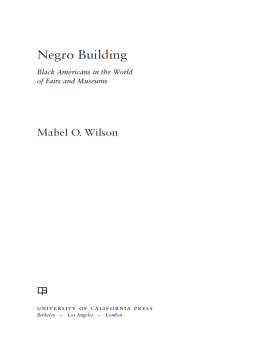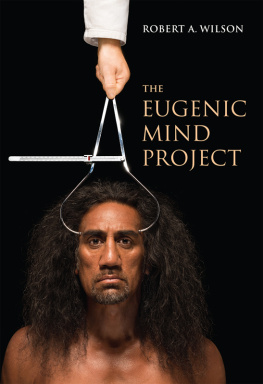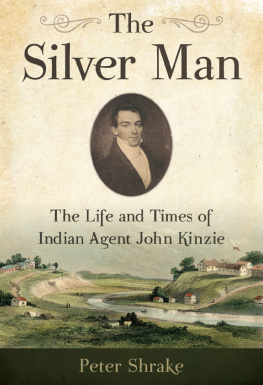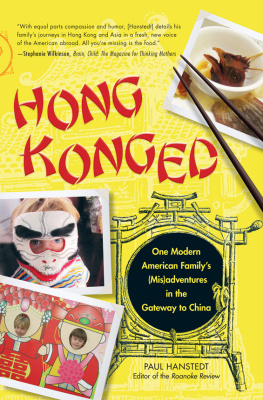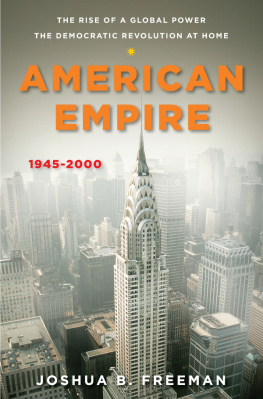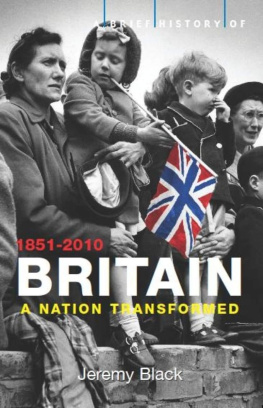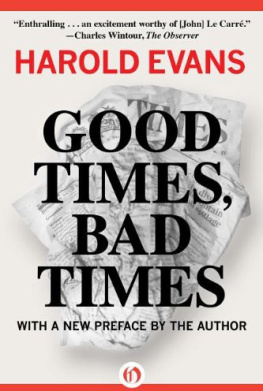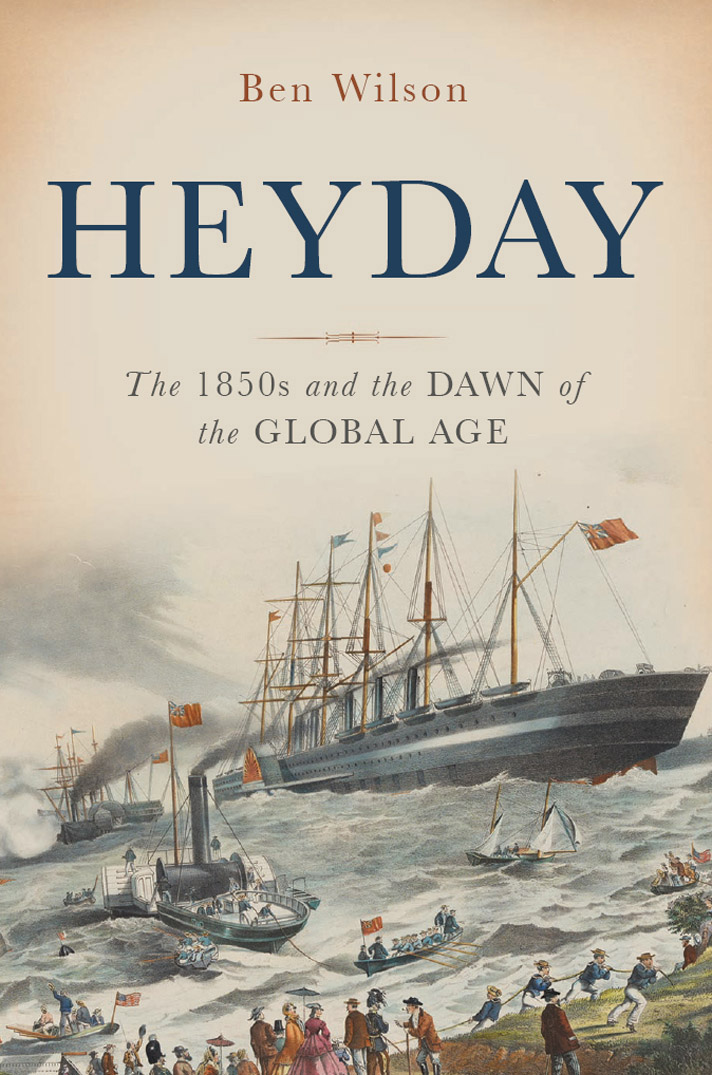

Copyright 2016 by Ben Wilson
Published by Basic Books,
A Member of the Perseus Books Group
All rights reserved. Printed in the United States of America. No part of this book may be reproduced in any manner whatsoever without written permission except in the case of brief quotations embodied in critical articles and reviews. For information, address Basic Books, 250 W. 57th Street, 15th Floor, New York, NY 10107.
Books published by Basic Books are available at special discounts for bulk purchases in the United States by corporations, institutions, and other organizations. For more information, please contact the Special Markets Department at the Perseus Books Group, 2300 Chestnut Street, Suite 200, Philadelphia, PA 19103, or call (800) 810-4145, ext. 5000, or e-mail .
All maps by John Gilkes.
Library of Congress Cataloging-in-Publication Data
Names: Wilson, Ben, 1980
Title: Heyday: the 1850s and the dawn of the global age / Ben Wilson.
Other titles: Hey day
Description: First edition. | New York: Basic Books, a member of the Perseus Books Group, 2016. | Includes bibliographical references and index.
Identifiers: LCCN 2015042140 (print) | LCCN 2015047328 (ebook) | ISBN 9780465098705 (ebook)
Subjects: LCSH: Eighteen fifties. | History, Modern19th century. | Social changeHistory19th century. | GlobalizationHistory19th century. | Free tradeHistory19th century. | Great BritainHistoryVictoria, 18371901. | Great BritainRelations. | ImperialismHistory19th century. | BISAC: HISTORY / Modern / 19th Century. | HISTORY / World.
Classification: LCC D389 .W55 2016 (print) | LCC D389 (ebook) | DDC 909.81dc23
LC record available at http://lccn.loc.gov/2015042140
10 9 8 7 6 5 4 3 2 1
For my darling Ariane, born when the idea for this book was forming in my mind
Of all decades in history, a wise man would choose the eighteen-fifties to be young in.
G. M. Young
Table of Contents
Guide
Contents
The world of the 1850s, regarded from my study in the southeast of England, looks decidedly British. Britain possessed an enormous globe-spanning empire, to be sure, but it was that countrys manufacturing, financial, commercial, and technological power that made it so dominant. For people then and now, Britain was the great spider that sat greedily at the center of a web that encompassed the planet.
Looked at from an American perspective, however, the world of the 1850s is rushing towards one single epoch-defining event. The knowledge that the Civil War breaks out in 1861 colors almost every event that immediately precedes it.
Heyday began life as an examination of Britains relationship with the wider world in this decade of tumultuous upheaval and rapid modernization. But time and again I was drawn westwards across the Atlantic, until events in the United States began to shape my thinking about global history and reshape the narrative. I could not open a British or Indian newspaper without becoming immediately aware of the centrality of news from America for people in the 1850s and the connections (often surprising) that crisscrossed the globe.
To take one example, one of the most momentous events in the United States in the 1850s, the Kansas-Nebraska Act of 1854, is little regarded by readers of history in Britain, save for forming the background to the Civil War. But the more I looked at it in the context of this book, the clearer its international importance became. In much the same spirit, I began to detach other events from their locality and fit them into a global jigsaw. In this world of increasing interconnectivityof long-distance telegraphs, railroads, express mail steamers, world-ranging clippers, and news agenciesevents in one place reverberated around the planet with unprecedented celerity.
As Horace Greeley observed, up until the 1850s people in Britain or France received news from the interior of the United Stateschiefly concerning Indian fights and massacres, fatal steamboat explosions or insolvent bankssixty days after they occurred. Steam and electric communication technologies closed the gap (for all states east of the Missouri River) to a few days. Simultaneously, the rapid settlement of California and Oregon extended Americas global reach into the Pacific and on to Asia. The result, said Greeley, was the arrival of the United States on the center of the world stage.
Ask most British people about their countrys relationship with the world in the mid-nineteenth century and they will probably think empire, their imaginary globe spatially dominated by India, Australia, and Africathe parts of the planet splattered imperial red. But that idea of the world carved up into exclusive zones of possession belongs to the last quarter of the nineteenth century; it would have been alien to people in the 1850s. The British in that decade were more interested in extending their invisible or informal powerthe power of finance and technology, free trade and free communicationthan in exercising formal territorial power. China, Latin America, Japan, and the United States loomed far larger than India or Africa. As a result, Britain and America were tightly bound together, more so than at any other period between the Revolution and the Second World War. For all that, the relationship was abrasive and dangerously volatile.
Forget the Empire, I would say to British readers: the United States was, in this brief period, a far more important part of the British world than anywhere else. In similar vein, I would encourage American readers to put the Civil War to the backs of their minds for the moment. In the 1850s, the United States was digesting the enormous gains it had made in the Mexican War. According to the Oxford historian Herman Merivale, writing in 1846, If the Americans preserve that tenacious spirit of unity which has hitherto so singularly characterized them in all their career of aggression, occupation, and annexation, it is impossible to overestimate the greatness of their future.
As Merivales qualifying if suggests, the rest of the world watched US political upheavals of the 50s like a hawk. The British, for example, had hitched their fortunes to the economic expansion of the states: over $1 billion of investment went west from London across the Atlantic, and by the end of the decade one billion pounds (in weight) of raw cotton went the other way to sustain Britains industrial dominance. And it was not just slave-produced cotton: the British were beginning to import their food from the recently opened prairies.
It is little wonder, given their huge new export markets, that Americans watched world events with intense interest. It was only when I began avidly browsing the American press that the depth and extent of this interest became apparent. Britains overseas adventuresparticular its wars against Russia and China and the way it dealt with the Indian Rebellion of 1857engrossed American newspaper readers. Concentrate too much on the countrys descent into civil war and this awakening to events in distant countries can easily be missed. For settlers in Iowa or Minnesota, financiers in New York, slave dealers in Mobile, plantation owners in Louisiana, and railroad builders everywhere, events in Britain and its empire could have life-changing significance. The same was true for the enslaved African American population. According to a fugitive slave writing in 1854, When the price [of cotton] rises in the English market, the poor slaves feel the effects, for they are harder driven and the whip is kept constantly going.


